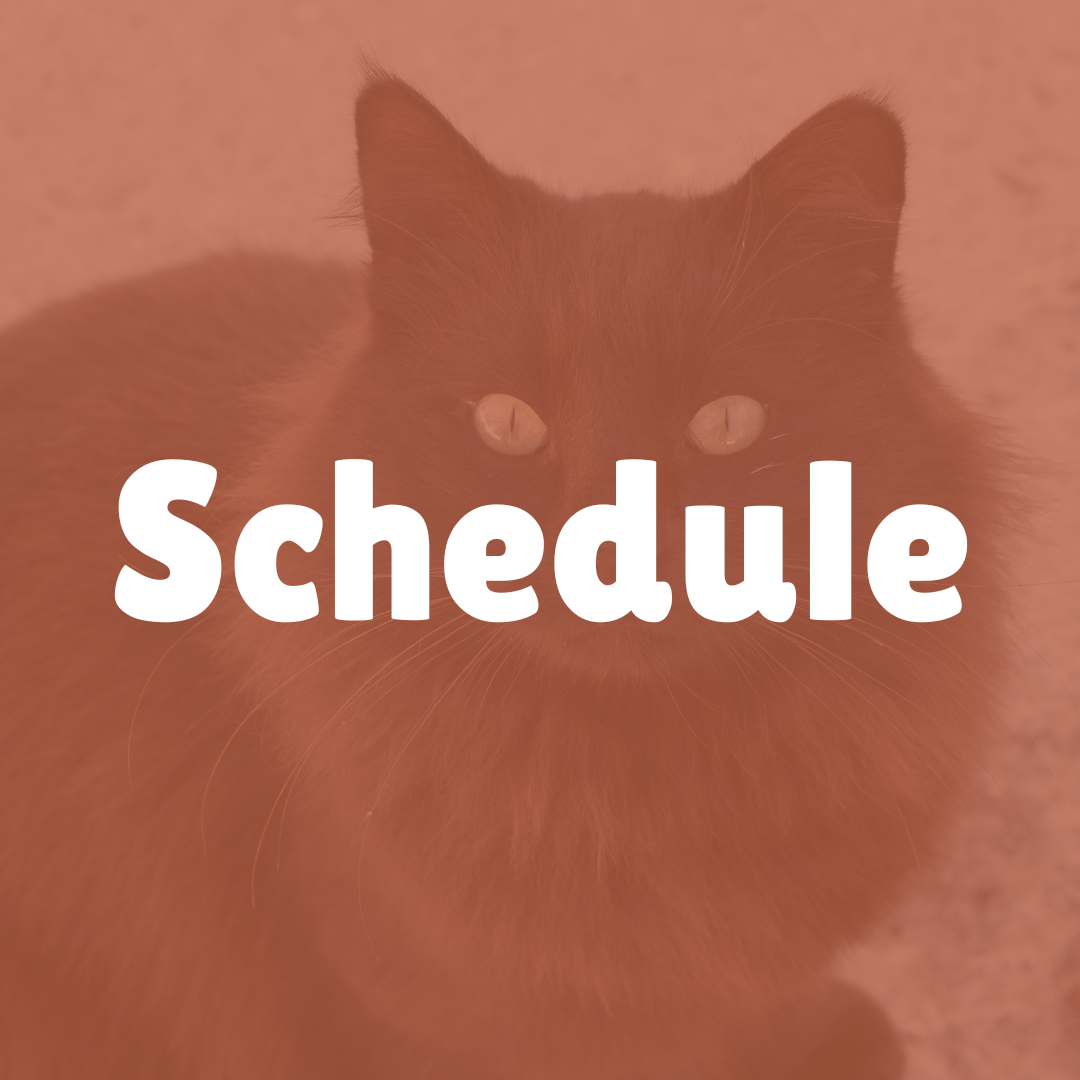PPGA 2024 CONFERENCE
Deb Millikan, Bio and Workshop
MEET THE SPEAKER |
Deb Millikan
 Deb has been training dogs since 1976 and has seen great changes in the field during that time. In 2007, she joined Canine Behavioural School (CBS) and has overseen the growth and development of its Aspiring Instructor Program which has since gained credit transfer recognition for the Pet Professional Accreditation Board and is currently also being taught in Melbourne.
Deb has been training dogs since 1976 and has seen great changes in the field during that time. In 2007, she joined Canine Behavioural School (CBS) and has overseen the growth and development of its Aspiring Instructor Program which has since gained credit transfer recognition for the Pet Professional Accreditation Board and is currently also being taught in Melbourne.
She sits on the international boards of the Pet Professional Guild, Doggone Safe, the Pet Professional Accreditation Board and Pet Industry Advocacy International. Deb chaired the committee that established the international PPG Pet Dog Ambassador program and is also a faculty member of DogNostics Career Center and a Professional Member of the National Institute for Canine Ethics.
Deb has authored in peer-reviewed journals and is co-author of a book about regulating the pet training industry. She holds an Advanced Diploma in Pet Bereavement Counselling and has recently successfully completed Vermont University’s Companion Animal End of Life Doula course.
She shares her life with two Griffons Bruxellois – Ned, and Laila. Both dogs have their Novice Masters and Intermediate Trick titles and are working towards their Intermediate Masters. Ned and Laila each have titles in Noseworks.
They are also a threesome who pay weekly visits to a private hospital in Adelaide, giving joy to patients.
Credentials
|
|
Pet Bereavement – Précis of a Complex JourneySaturday 15th June, 2.45pmAs animal trainers with a passion for what we do, we possibly know more than most about the pain of losing an animal family member, whether it be one of our own or one with whom we work. How to companion people through this difficult time is rarely seen in any animal training course. This is an unfortunate oversight. Grief comes in many forms and so too do grievers. Having a basic understanding of not only the types of grief that people can encounter but the seven stages of grief through which many pass will help us support our clients, friends, family and even ourselves through the grieving process. Children and the elderly are differently sensitive to grief and need individual attention to their concerns. That does not discount the complexity of adult grief. Grief counselling is not the job of an animal trainer, but some knowledge of grief and its vagaries may help relieve your clients’ anxieties or encourage them to seek further help. Grief is a very personal journey (despite what some in society believe of it) and there is no right or wrong way to grieve. There is no time limit on grief. There are, however, warning signs of when help is warranted. Many grieving people do not understand these principles and suffer further as a consequence. Reconciling grief and acceptance of life as it is and as it will be is a more recent concept than formally seeking ‘closure’. “Moving from loving in the present to loving in memory” (Wolfet 2019) is a necessary transitional phase. Simple things such as knowing the various options people have when their pet dies and how they can best celebrate and memorialise the life of a pet will help people understand and move forward with life after losing a special friend. Today there are many therapies to help people in their grief and a knowledge of what is locally available will always be of benefit to the grieving client. This topic is endless, and this presentation seeks only to whet the trainer’s appetite to know more about how this knowledge can be incorporated into daily practice.
|




